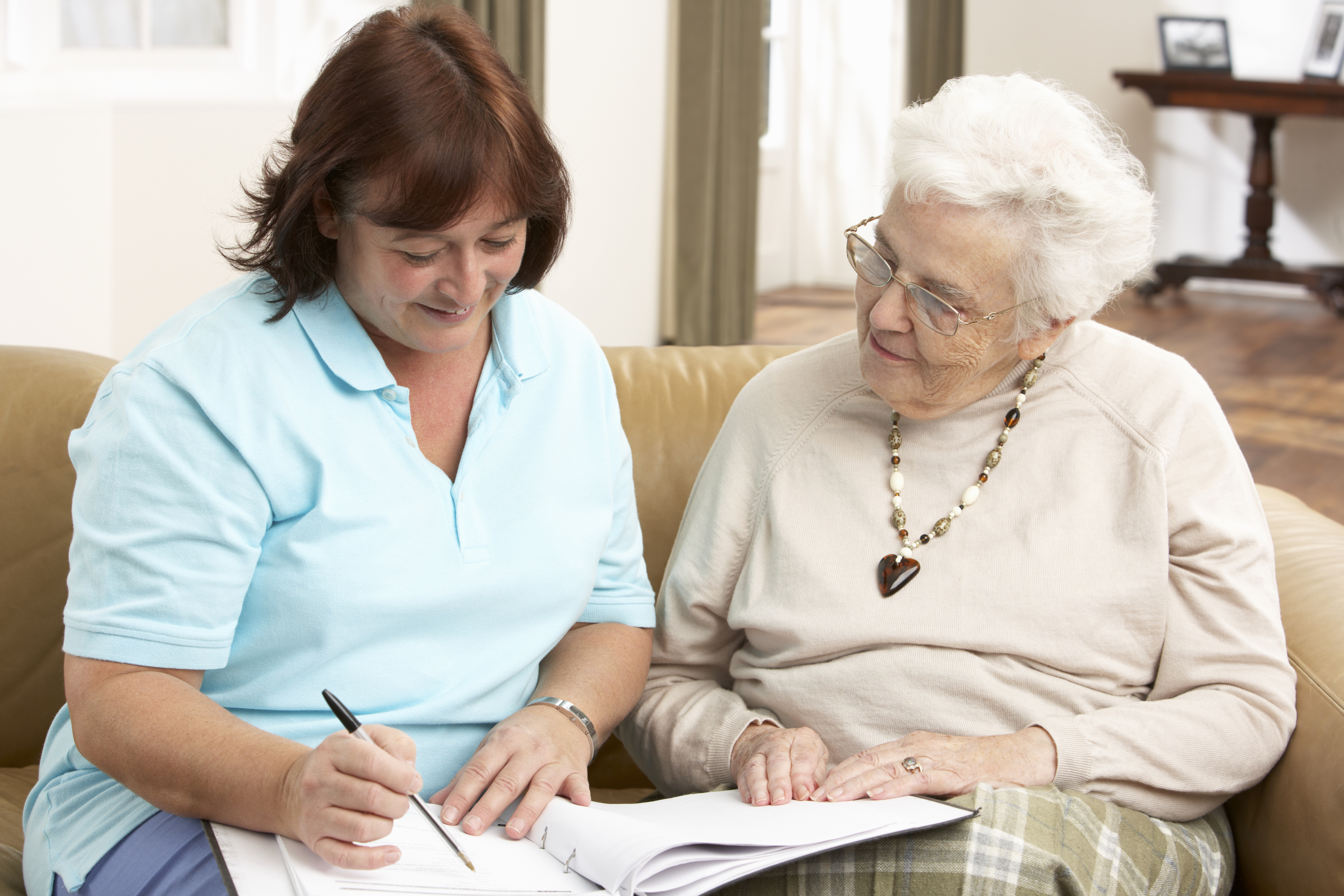Ethical readiness for action
This article is written from a Swedish perspective. Hopefully, it can inspire interested individuals from other countries.
It is important to be prepared for the unexpected. Nursing assistants may find themselves alone in difficult situations where relatives are angry, desperate, or frustrated. Threats and violence, sexual abuse, residents disappearing, and theft are things that can affect the residents of the nursing home.

Abuse
It happens that older people are subjected to abuse. In some cases, abuse between residents has even led to fatalities. Sexual advances are often taboo and difficult to handle. Relatives can be frustrated, angry or disappointed for other reasons. Colleagues act unprofessionally. This places great demands on the nursing assistant who often has to face the relative.
Crisis Management
Healthcare providers should have crisis management plans. Things happen that are beyond the control of management but which can greatly affect the atmosphere and the surrounding view of the nursing home. It could be about valuables disappearing for a resident, drug thefts, conflicts in the staff group or an employee who is not well expressing themselves recklessly to someone who lives there. For nursing assistants, it is necessary to know how to act when the unexpected occurs.
A core issue in care is to maintain a trusting relationship with those who live in the unit and their relatives. There should be an ethical readiness to act that both supports leadership and at the same time gives employees the opportunity to reflect on their individual and collective experiences. Without preparedness, it becomes difficult to manage conflicts of interest with pride, dignity and trust intact.
Handling Difficult Conversations
Similarly, nursing assistants often stand alone in the meeting with relatives when they come for weekend visits. Being prepared to handle mistrust from relatives is a good support in the professional role. It's not easy if a resident has, for example, been subjected to violence or sexual advances by another resident. Then it is good if there is an action plan for how employees should act in such matters. Professionalism can be to refer difficult questions to the operations manager or the duty nurse.
In a workplace, among all employees, there should be a natural understanding that all people have different needs, and that those who work together have different knowledge and experiences. and everyone should have a competence development plan and the opportunity to further educate and improve themselves.
One way to gain common preparedness is to discuss together and write down tips as support for the employees when they face difficult meetings with the residents or their relatives. Here is an opportunity to reflect on the treatment, to learn to receive a complaint in a good way, as well as what it means to be professional.
The Right to Self-Determination
In connection with aging, our opportunities to choose for ourselves decrease. Just being dependent on other people for the activities that are necessary in daily life is a restriction in self-determination. Employees working in care have a responsibility to limit the consequences as much as possible.
Self-determination is not a given in elderly care even though it has improved. My grandfather was forced in the 1970s to move from the nursing home to a psychiatric care department, as he had accidentally wandered into a lady's room. That would not happen today. No one asked what he wanted, he was just placed there without having committed any intentional wrongdoing. He stayed within psychiatry until he died. Today, residents in nursing homes have significantly stronger rights.
Care Should Protect Without Offending
Consequential ethics can be used to reflect on the consequences of an action. The employee's task is to protect the care recipients. Interest conflicts may arise, for example in the case of dementia when the individual may do things that could harm themselves or someone else in the environment. An example is how employees should relate if a person with dementia becomes fond of someone else in the residence. If the elderly person does not remember their wife or husband, difficulties can arise in the relationship. Here arises a conflict of interest where it is important to support the relative while it is not possible to forbid a person with dementia to have feelings for someone else.
Relatives' Decision-Making Powers
It is not uncommon for worried relatives to want to decide over the elderly. They may also have opinions about how other residents behave and so on. Legally, all adults are seen as legally capable and mature and have the right to be treated accordingly.
Occasionally, a conflict of interest arises between the resident and relatives. Relatives may want to limit the individual's freedom of movement that is not in line with the values of elderly care or insist on treatment despite the individual expressing a desire to avoid it.
If you need more inspiration, there is "Do and Learn" from Sweden's municipalities and regions. Also the book "Leader with Feeling and Sense" by Sandahl among others.
Reflection - Ethical Preparedness
Care Staff:
• What can you do together to handle situations that can be embarrassing or create discomfort for both residents, relatives and employees?
• How do you ensure that the interests of the residents are taken into account in cases where they cannot express them themselves?
• In which situations is the residents' freedom of choice limited?
Manager, Nurse, Occupational Therapist, and Physiotherapist:
• What preparedness do you have to handle ethically difficult events?
• Do you have the opportunity for external support if difficult situations arise?
• What do you do to reinforce knowledge about the right to self-determination?
• Are employees who work at night involved in these dialogues?
Residents and Relatives:
• Does the residence provide good information regularly?
• Does the business invite to information meetings?
• Is your right as a resident to decide for yourself restricted?
Read more - about value basis in change work
Erland Olsson
Specialist nurse
Sofrosyne - Better care every day

Aktuellt i media
-
2025-04-23 04:00
13 Hygien
Storage tends to attract all the world's junk. Order, clearing and cleaning of storage is a necessary recurring task.
info Bild: Pixabay
Bild: Pixabay -
2025-04-14 04:00
08 Förebyggande o lokaler
The art of furnishing a nursing home, a balancing act between homeliness, functionality, and hygiene aspects.
info -
2025-04-10 04:00
04 Bemötande
Waking up in a nursing home - is the morning routine adapted to each individual's needs?
info Bild: Pixabay
Bild: Pixabay -
2025-04-07 04:00
09 Mat och måltid
For the elderly, it is often important to eat many snacks in order to get enough nutrition.
info Bild: Pixabay
Bild: Pixabay -
2025-04-03 04:00
04 Bemötande
What creates safety in elderly care homes - advice and tips on creating a secure environment for the residents
info -
2025-04-01 00:00
10 Aktivitet o funktionsbevarande arbetssätt
Reminiscing, working with memories, is an activity that creates a lot of added value for people with dementia.
info

